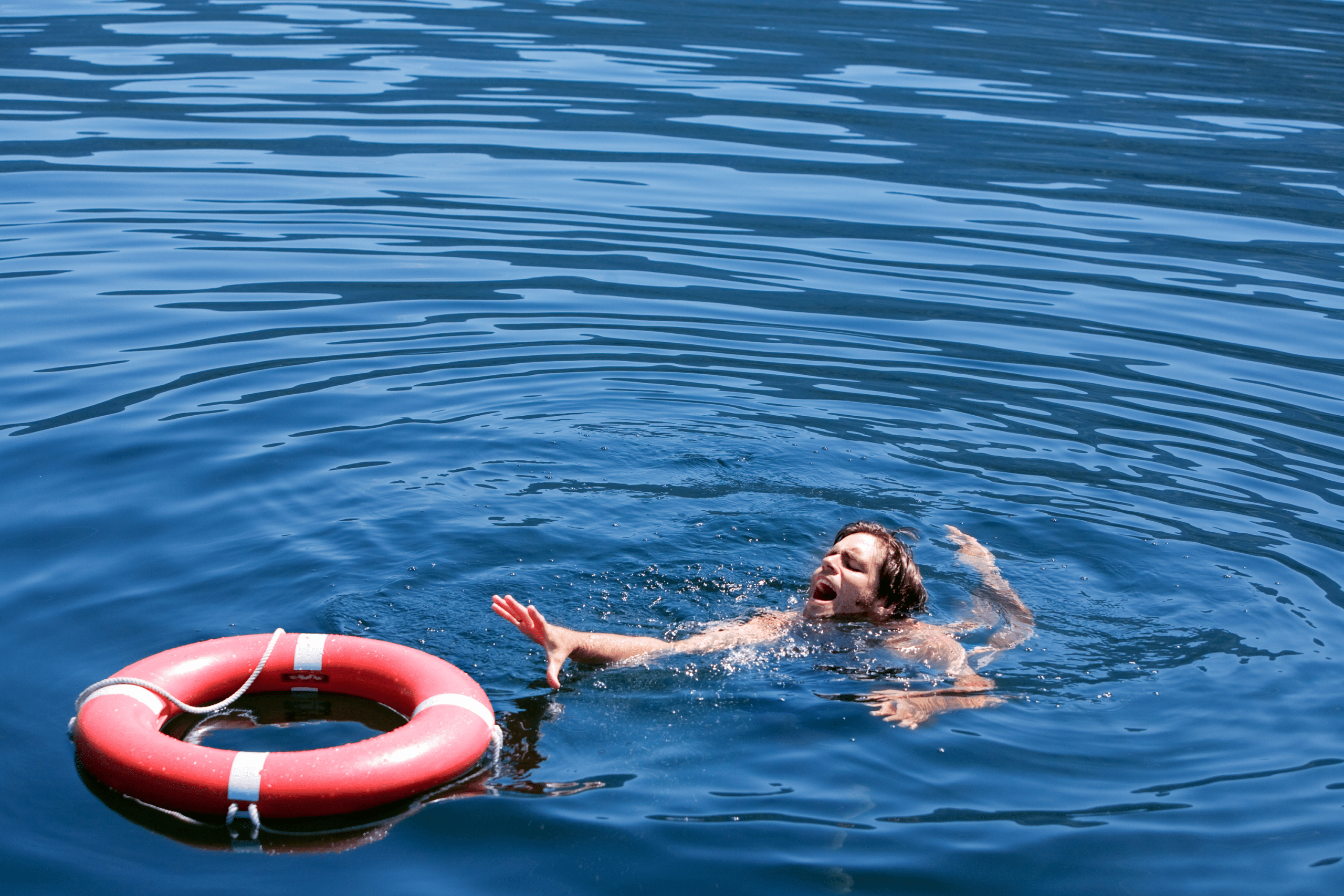Cruises are a popular vacation choice for millions of people around the world, offering a unique combination of adventure, relaxation, and luxury. However, like any other form of travel and leisure, cruises come with their share of risks and potential legal complications.
One critical aspect of cruise ship vacations is the liability waiver that passengers are often required to sign. These waivers are meant to protect cruise lines from legal responsibility in various situations, including accidents and injuries. But do they actually shield cruise lines from liability in drowning incidents? In this blog, we’ll explore the effectiveness of liability waivers in such cases and what passengers need to know.
Understanding Liability Waivers
Liability waivers are legal documents that passengers sign before embarking on a cruise. These documents typically outline the terms and conditions of the cruise and may contain clauses that limit the cruise line’s liability in the event of accidents or injuries. Passengers often sign these waivers without fully comprehending the implications, which is why it’s essential to be aware of what you’re agreeing to.
Drowning Incidents: A Challenging Scenario
Drowning incidents on cruise ships are rare but can happen. When they do, the cruise line’s liability waiver may come into play. However, it’s crucial to note that these waivers do not provide cruise lines with blanket immunity from legal responsibility. Courts generally evaluate the specific circumstances of each case to determine liability.
Effectiveness of Liability Waivers in Drowning Cases
The effectiveness of liability waivers in drowning cases depends on several factors:
Courts consider whether the cruise line acted negligently or recklessly in causing or contributing to the drowning incident. If it can be proven that the cruise line failed to take reasonable safety precautions, the waiver may not hold up in court.
The enforceability of a liability waiver varies by jurisdiction. Some places may have laws that limit the enforceability of such waivers, especially in cases involving personal injury or wrongful death. An invalid waiver may not protect the cruise line.
Cruise lines have a responsibility to provide passengers with clear and complete information regarding safety procedures, the ship’s layout, and emergency protocols. If they fail to do so, it could weaken the effectiveness of the waiver.
The effectiveness of the waiver can also depend on whether passengers were fully aware of what they were signing. If the cruise line used misleading or unclear language in the waiver or pressured passengers into signing, it could be challenged in court.
Legal Remedies for Drowning Incidents
While liability waivers may limit the cruise line’s liability, they do not eliminate the possibility of legal action in drowning cases. Passengers or their families may pursue legal remedies if negligence on the part of the cruise line is proven. These remedies may include compensation for medical expenses, pain and suffering, and other damages.
What Passengers Can Do
As a cruise passenger, there are several steps you can take to protect yourself:
Read the Waiver: Take the time to read and understand the liability waiver before signing it. If you have any questions or concerns, seek clarification from the cruise line.
Document Everything: In case of an incident, it’s crucial to document everything, including the circumstances leading up to the incident, the incident itself, and any actions taken by the cruise line.
Contact an Attorney: If you believe negligence on the part of the cruise line contributed to the incident, consult with a maritime attorney. They can help you understand your legal rights and potential courses of action.
Cruise Ship Drowning & Liability Waivers
Liability waivers signed by cruise ship passengers are not an absolute shield for cruise lines in drowning cases. The effectiveness of such waivers depends on a variety of factors, including the specific circumstances of the incident, the enforceability of the waiver, and the cruise line’s conduct.
Passengers must be aware of their rights and legal options, especially in situations where negligence may have played a role. While cruises are meant to be enjoyable and safe experiences, understanding the legal aspects can ensure that passengers are protected in the event of unfortunate incidents.
About the Author:
Andrew Winston is the founding partner at the personal injury Law firm, The Winston Law Firm. For over 20 years, he has successfully represented countless people in all personal injury cases, focusing on child injury, legal malpractice, and premises liability. He has been recognized for excellence in representing injured clients by admission to the Million Dollar Advocates Forum and named one of America’s Top 100 High-Stakes Litigators. Mr. Winston is AV Preeminent, Rated by the Martindale-Hubbell for the highest level of professional ethics, enjoys a 10.0 rating by AVVO as a Top Personal Injury Attorney, and has been selected as a Florida Top 100 “Super Lawyer” and Miami Top 100 “Super Lawyer” – an honor reserved for the top 5% of lawyers in the state – was voted to Florida Trend’s ”Legal Elite,” recognized by Expertise as one of the 20 Best Personal Injury Attorneys in Fort Lauderdale and 20 Best Car Accident Lawyers in Fort Lauderdale.







